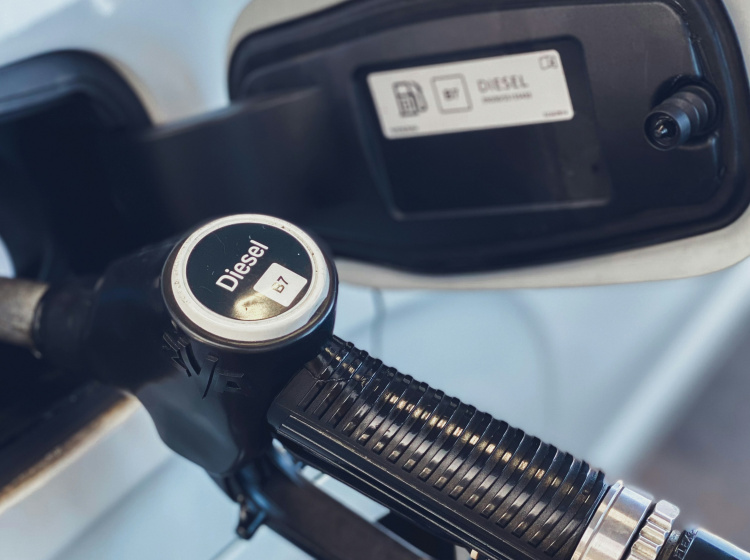Italian Prime Minister calls for the repeal of the ban on combustion engines in the EU from 2035, warning of a potential collapse
The current regulation, set to completely ban the sale of new vehicles with internal combustion engines in the European Union from 2035, should be amended according to the Italian Prime Minister. Otherwise, she believes it could pose a threat of industrial collapse across the entire union.
The European Union should cancel the currently planned ban on the sale of combustion engines throughout the EU, which is set to take effect in 2035 under current rules. Italian Prime Minister Giorgia Meloni recently called for this change. According to her statements, the planned ban poses a threat to a key sector of the European Union's economy, namely the automotive industry. If the ban goes into effect, Meloni warns it could lead to an economic collapse.
The Italian government under Meloni's leadership has opposed the European Commission's plans, which aim to promote carbon neutrality by banning new vehicles powered by gasoline and diesel engines. Meloni argues that the 2035 target should be reconsidered, especially given the technical and economic challenges the automotive industry faces. According to the Italian government, this ban could result in many industrial enterprises being unable to adapt in time, leading to massive job losses, threatened investments, and disruption of the overall stability of the European automotive sector.
Italy, like other European countries, has a strong and significant automotive tradition. Brands like Fiat, Ferrari, or Lamborghini are not just prestigious symbols but also play an important role in employment and the economy of the country. Transitioning to electromobility requires huge investments in research, development, and infrastructure. Many car manufacturers are struggling to effectively transform their production lines to meet new emission standards. However, the Italian Prime Minister asserts that this pressure is unsustainable, especially as many small and medium-sized enterprises in the automotive supply chain are unprepared for such a drastic change.
Another concern is that a sudden shift to electric cars could lead to the dominance of Chinese manufacturers, who already control a significant part of the market for batteries and components for electric vehicles. European manufacturers could lose their competitiveness, leading to further economic problems.
One of Meloni's main arguments is that the planned timeline for banning combustion engines is unrealistic. She argues that the transition to electromobility should be gradual, with greater consideration of regional specifics and economic impacts. While some countries are ready for quicker adoption of electric vehicles, others, including Italy, face significantly larger challenges.
Critics of the European strategy argue that electrifying transport is currently technologically immature. Although sales of electric vehicles are growing, they still face issues such as limited availability of charging stations, long charging times, and insufficient vehicle range. Additionally, the price of electric cars remains unattainable for many consumers, hindering the mass adoption of this technology. This situation, where European manufacturers lack highly advanced technologies, significantly boosts the sales of Chinese competition, as seen in the case of the German conglomerate Volkswagen, whose sales have been affected.
Meloni warns that without pragmatic management, this transition could destabilize the automotive market, leading to falling sales, declining investments, and the loss of many jobs. This scenario would have serious repercussions not only for Italy but for the entire European economy.
The Italian government is thus seeking to initiate a debate at the European Union level with the aim of delaying or mitigating the implementation of the combustion engine ban. Their goal is not to completely halt the transition to electromobility but to find a solution that is economically and technologically sustainable for all member states. Meloni also emphasizes the need to support alternative technologies, such as synthetic fuels (e-fuels), which could offer a compromise between traditional combustion engines and electric vehicles.










